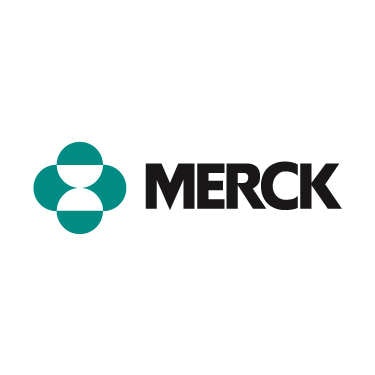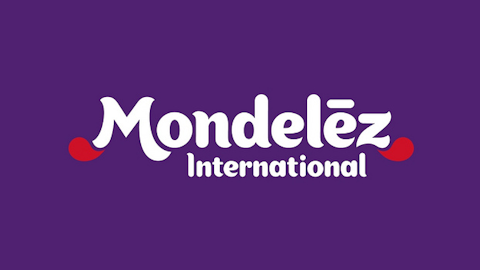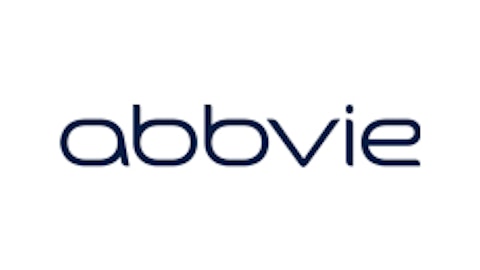The best thing about the stock market is that you can make money in either direction. Historically, stock indexes have tended to trend up over the long term. But when you look at individual stocks, you’ll find plenty that lose money over the long haul. According to hedge fund institution Blackstar Funds, even with dividends included, between 1983 and 2006, 64% of stocks underperformed the Russell 3000, a broad-scope market index.
A large influx of short-sellers shouldn’t be a condemning factor to any company, but it could be a red flag from traders that something may not be as cut-and-dried as it appears. Let’s look at three companies that have seen a rapid increase in the number of shares sold short and see whether traders are blowing smoke or if their worry has some merit.
| Company | Short Increase May 15 to May 31 | Short Shares as a % of Float |
|---|---|---|
| Merck & Co., Inc. (NYSE:MRK) | 303.2% | 3.1% |
| Zoetis Inc (NYSE:ZTS) | 1,037.2% | 19.2% |
| Kellogg Company (NYSE:K) | 118.2% | 2.7% |
Source: The Wall Street Journal.
An ailing pipeline? Hardly!
For a big pharmaceutical company like Merck & Co., Inc. (NYSE:MRK) that pays out a hefty 3.6% yield and demonstrates very low volatility (its beta is just 0.37), it’s a bit surprising to see its short interest more than quadrupling.
About the only factor I can think of that would cause such pessimism among investors is the potential that patent expirations will ravage Merck’s cash flow before new drugs can be approved or purchased to replace this lost revenue. For Merck & Co., Inc. (NYSE:MRK), these fears manifested themselves in the loss of exclusivity of asthma drug Singulair last year, which had topped $5 billion in annual sales at its peak. In its most recent quarter, Singulair sales fell by 75%.
However, plenty of very-early-stage and new drug approvals could prove short-sellers wrong about Merck & Co., Inc. (NYSE:MRK)’s pipeline. In May, Liptruzet, an LDL-cholesterol-lowering drug that combines Pfizer Inc. (NYSE:PFE)‘s now generic statin, Lipitor, with Merck’s cholesterol absorption inhibitor, Zetia, was approved by the Food and Drug Administration. The combo drug did far better in lowering LDL cholesterol (the bad type) than the two drugs did individually.
Another bright spot was the recently completed American Society of Clinical Oncology’s annual meeting. Merck & Co., Inc. (NYSE:MRK) wasn’t expected by many to make a strong showing, but wowed investors with its experimental PD-1 inhibitor, lambrolizumab. Most investors and science enthusiasts had their eyes on Bristol Myers Squibb Co. (NYSE:BMY)‘s nivolumab, which demonstrated an overall response rate of 40% in trials. But it was lambrolizumab, with its overall response rate of 38%, that excited investors — especially since it has the “breakthrough therapy” designation from the FDA, which would help streamline its development. Anti-PD-1 drugs could be the future of targeted cancer therapy, so both Bristol and Merck deserve close attention.
Paws off, short-sellers!
Perhaps as equally confusing as the dramatic rise in short interest in Merck is the jump in pessimism surrounding animal medicine and vaccine maker Zoetis Inc (NYSE:ZTS).
The best picture I can surmise that would cast doubt over Zoetis Inc (NYSE:ZTS) is the upcoming spinoff of Pfizer Inc. (NYSE:PFE)’s remaining 80% stake. Current Pfizer shareholders have the opportunity, if they choose, to tender their shares in exchange for shares of Zoetis. Depending on the number of shareholders who take part in this tender, Pfizer could retain no stake in Zoetis, a partial stake, or it could still boast a majority voting stake. To me it would be more advantageous for Zoetis to be able to run its business independently of Pfizer Inc. (NYSE:PFE), so this slight gray cloud of worry could be the short-selling culprit.






